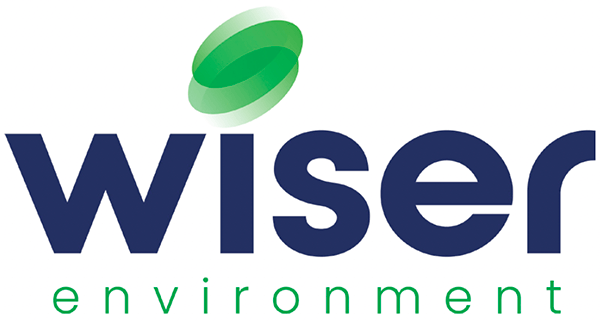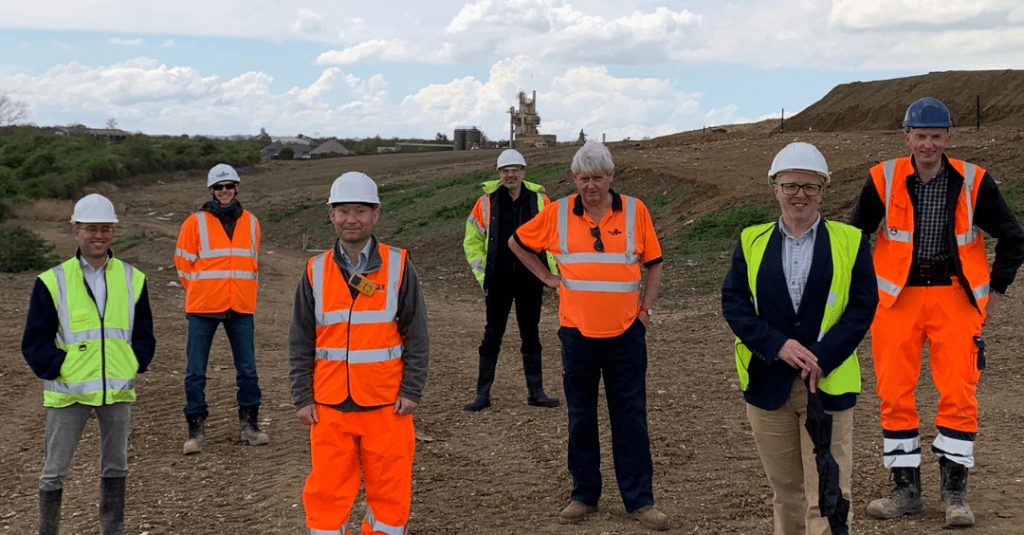To help business in the process of preparing for remote auditing, the Wiser Environment IMS team has best practice to share. Since the COVID-19 movement restrictions came into play, the Wiser IMS team has been hard at work supporting their clients ahead of their upcoming IMS audits. As remote audits are fundamentally different from traditional methods, business teams should incorporate the following approaches: plan in advance, test the technology, prioritise security, communicate effectively and maintain evidence quality.
Previously, Wiser Environment has explained how the UK Accreditation Service (UKAS) and conformity assessment bodies (CABs) are adapting to the COVID-19 movement restrictions. In short, UKAS has empowered CABs to conduct surveillance auditing and renewal assessments remotely.
Interestingly, remote audits have always been a viable assessment method. The ISO 19011 ‘Guidelines for Auditing Management Systems’ refers to remote audits as “activities that are performed at any place other than the location of the auditee, regardless of the distance.”
Wiser Environment expects this remote approach to auditing to stay in place for the foreseeable future. As a result, organisations should adapt their strategy to management system auditing and make the most of the opportunity. The Wiser Integrated Management System (IMS) team has already assisted several of their clients on remote audits. The IMS team is ready to share their learnings and best practice.
Preparing for a remote auditing
In the field of IMS auditing, a remote assessment would still have the same level of technical expertise and scrutiny. Where a remote assessment differs from traditional methods is that there is greater flexibility. Other benefits include audits happening more frequently, becoming more affordable to conduct and have greater specialisation. To make the most of the remote IMS audit businesses should take the following preparation steps:
Before the audit
- Plan in advance
Wiser recommends that businesses should contact their CAB to discuss and revise their audit plan. COVID-19 has caused much disruption to schedules, travel arrangements and availability. Reviewing and fine-tuning the audit plan can help mitigate such disruption and avoid wasted time. Furthermore, double-checking the audit plan in advance can also help ensure all parties understand expectations and timeframes. - Test the technology
Whilst the use of digital conferencing software is now more commonplace, technical failures can and do still occur. If a technical failure were to happen during an audit, then it could cause delays; even impacting the outcome. In response to this risk, auditees should familiarise themselves with their hardware and software. For example, the business could conduct technology trial runs. Here, the auditee team will routinely test-drive all of their conferencing system functionality. Including, video calling and sharing files during peak bandwidth times. This system stress test will identify weaknesses and build confidence in the technology. - Prioritise security
Every organisation has sensitive information that could cause harm to the business if it was mishandled. As a consequence, businesses should assess the risks their remote conferencing systems pose. If communication platforms – such as Zoom or Microsoft Teams – are misused, then they can be accessed by unwanted third parties. Wiser Environment recommends that auditees should password-protect their meetings, authenticate their users and follow security guidance from their IT department. If all else fails, businesses should not refrain from pausing the audit to consider alternative methods.
During the audit
- Communicate effectively
During the remote audit, it will be challenging to build a rapport with the auditor and catch social cues. This is because body language and tone subtleties are lost over video calls. To stop such misunderstandings materialising, the auditee should focus on communicating effectively and clearly. The Wiser IMS team have found that keeping audit interviews short and concise is useful. Additionally, the auditee should position themselves in the centre of the frame during the call; making frequent eye contact with the camera lens. This will improve engagement and help the business come across as comfortable and confident. - Maintain evidence quality
During the audit, the CAB will not be able to conduct a direct physical observation. As a result, they will then become more reliant upon the remaining forms of evidence. To make sure the evidence gathered during a remote audit is sufficient, the auditee should question the auditor throughout the process; asking how quality and authenticity could be improved. For example, location tracking services or use of third-parties can help authenticate audio-visual evidence; improving the value of findings.
Further IMS advice from Wiser Environment
As a consequence of the ongoing COVID-19 movement restrictions, businesses should be preparing for a future with remote auditing. The Wiser IMS team underscores that now is a great time for businesses to get ahead – making the most of IMS auditing. For more guidance and advice on IMS and remote auditing, contact Wiser Environment or call on 01480 462232.



